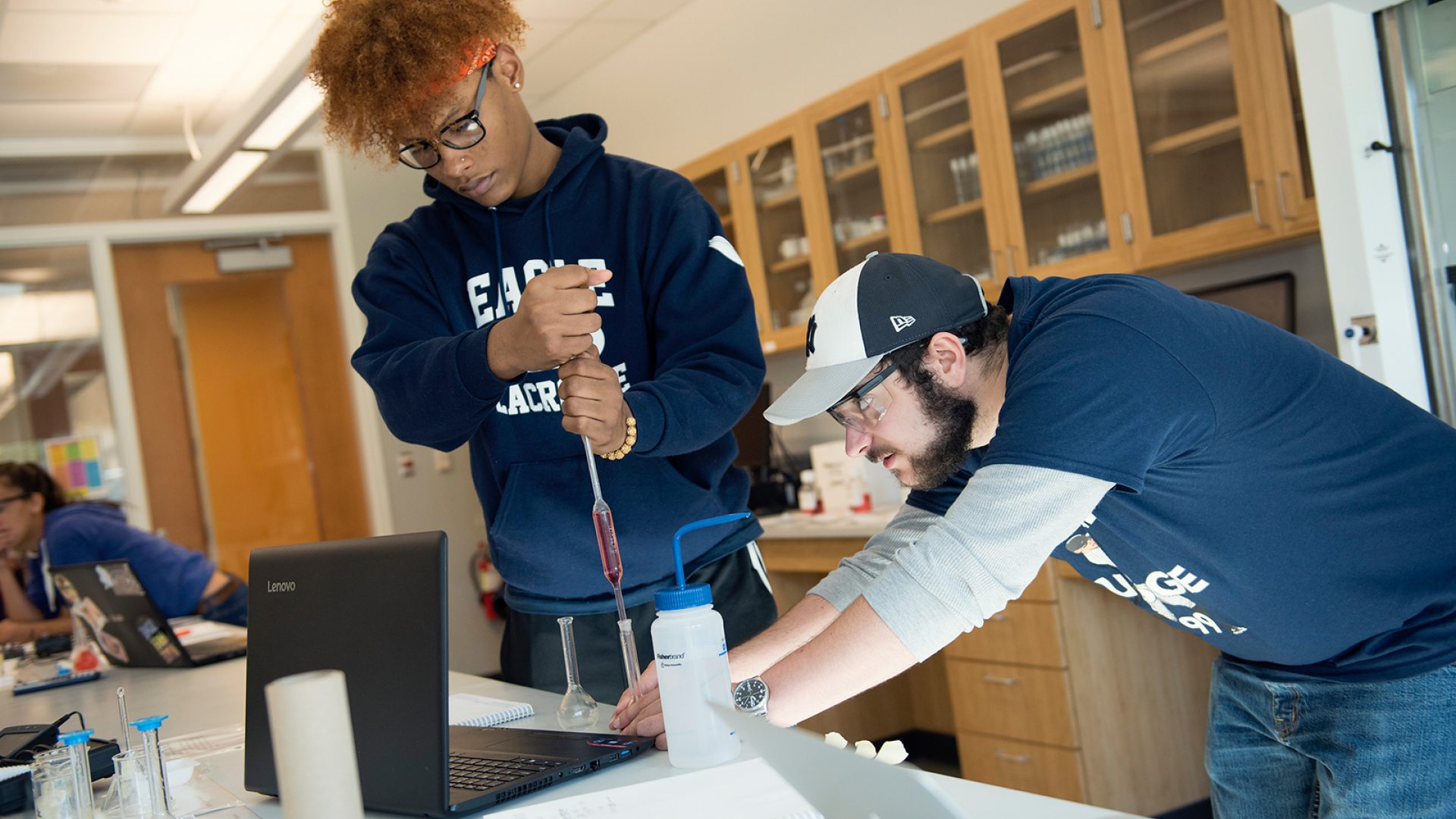The core effort of the Triandiflou Institute is to work with individuals and groups, on campus and beyond, to better understand issues of identity and to better communicate across differences. To these ends we strive to create spaces to learn concepts, share ideas, ask questions, and honor the many experiences and identities that coexist in our community.
Recent Work and Workshops
Student Leader Workshops
The Institute offers annual and ongoing professional development and workshop opportunities for student leaders and young professionals in a variety of capacities, including Residence Life and Housing, orientation leaders, Greek life, and various clubs and orgnaizations.
Leadership Oswego County
Every year Institute staff present a session on Implicit Bias to participants from organizations and businesses across the region participating in Leadership Oswego County.
CELT Winter Breakout
In January 2024, Institute staff Terrian Garvis and Marquél Jeffires discussed their ongoing social media profile series Our Faculty Are… in a session titled: "Our Faculty Are…”: Amplifying Faculty Voice to Debunk Myths & Explore Identities. This series interviews faculty and staff of historically marginalized identities to share their background, passions, research, and insights with the broader campus community. Previous presentation topics have included Trauma Informed Practice in a College Setting; Cultural Humility and the Inclusive Classroom; and Nonviolent Communication for Difficult Conversations.
